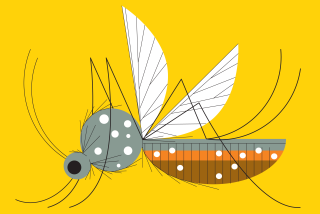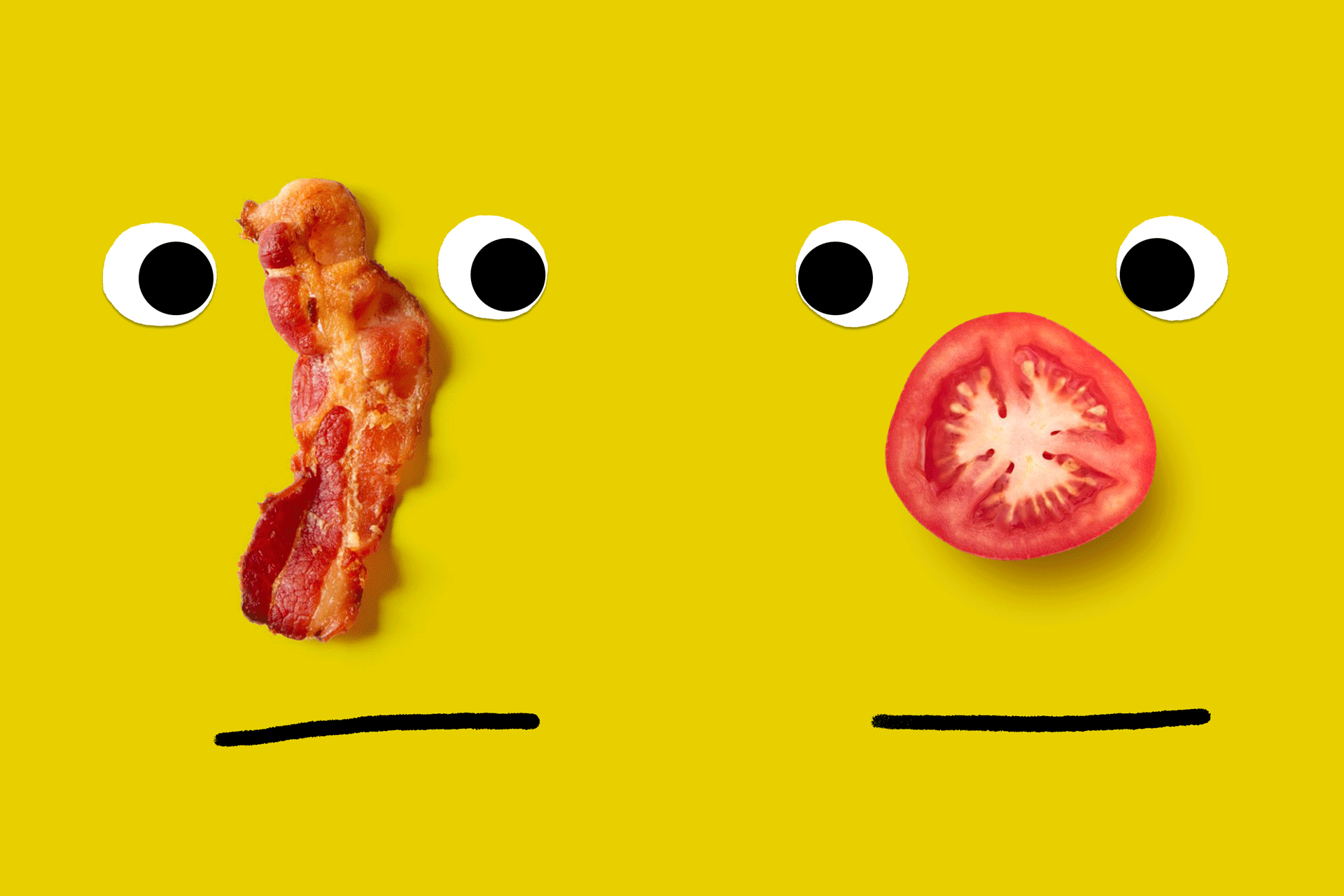Study Looks at What Attracts Mosquitoes
- Share via
GAINESVILLE, Fla. — Researchers are trying to discover why some people seem more appetizing to mosquitoes than others, and the nature of the substance that’s apparently irresistible to those tiny warm-weather pests.
If scientists at the University of Florida and the U.S. Department of Agriculture in Gainesville can find the answers, they may lead the way to the discovery of how to repel more effectively the estimated 1 trillion mosquitoes that inhabit the Earth.
“No other insect causes more discomfort than mosquitoes,” said Carl Schreck, a mosquito expert with the U.S. Department of Agriculture’s national research lab here. Besides inflicting victims with itchy bites, the winged insects spread malaria and other diseases.
University of Florida chemistry professor Rick Yost, his graduate student Ulrich Bernier and Schreck are working together using chemical analysis for the first time to study mosquito attraction.
Previous research was devoted to inventing repellents and insecticides. It was the Gainesville lab, for instance, that developed DDT to kill mosquitoes that plagued Allied troops with malaria during World War II.
Bernier’s research involves examining literally the sweat of his brow and the body odor of other people who hold a particular draw for mosquitoes. Experiments, for instance, found one USDA employee who is 10 times more attractive to mosquitoes than the average human.
“What we know so far is all people appear to have some attractiveness,” Yost said.
On the other hand, Yost said, it could be that all humans appeal equally to mosquitoes, but that some people naturally exude a repellent substance.
Bernier is using a device that Yost developed to analyze and identify molecular compounds by their weight.
Once researchers know the substances excreted by human skin, they hope to test the compounds alone and in combination, said Schreck, who is a research entomologist.
“If you know what attracts mosquitoes, then you are closer to finding out what repels them,” Yost said. “You can also use the attractant in traps.”
Yost thinks he has some idea. “It has to be a long-lived volatile (chemical substance) that gives off a vapor that mosquitoes can sense,” he said.
Some of the research involves testing popular notions.
“In the old days, people assumed that it was moisture in your breath or carbon dioxide in your breath or the heat from your body” that mosquitoes liked, he said. “Those are obvious things we know you give off in quantity.”
A simple experiment disproved that idea. Different individuals rubbed their hands on pieces of glass. Hours later, after all carbon dioxide, moisture and heat would have dissipated, mosquitoes still preferred some pieces of glass to others.
Researchers also proved the fallacy of the long-held belief that lactic acid, a byproduct of milk sugar excreted through the skin’s pores, might attract the whining little biters.
“If you put pure lactic acid on a petri disk, it gets them excited, but it doesn’t attract them,” said Yost, who said he suspects that a combination of compounds might be the answer.
Such research takes on urgency with events like the discovery in Florida of the Asian tiger mosquito--a tiny black insect with a white stripe--found to be carrying the virus for Eastern equine encephalitis, a rare but sometimes fatal brain disease.
A 68-year-old Keystone Heights woman died of the disease in August; the disease claimed two people in Florida last year.
Despite the problems mosquitoes cause, Schreck knows that the best humans can hope for is peaceful coexistence with them.






